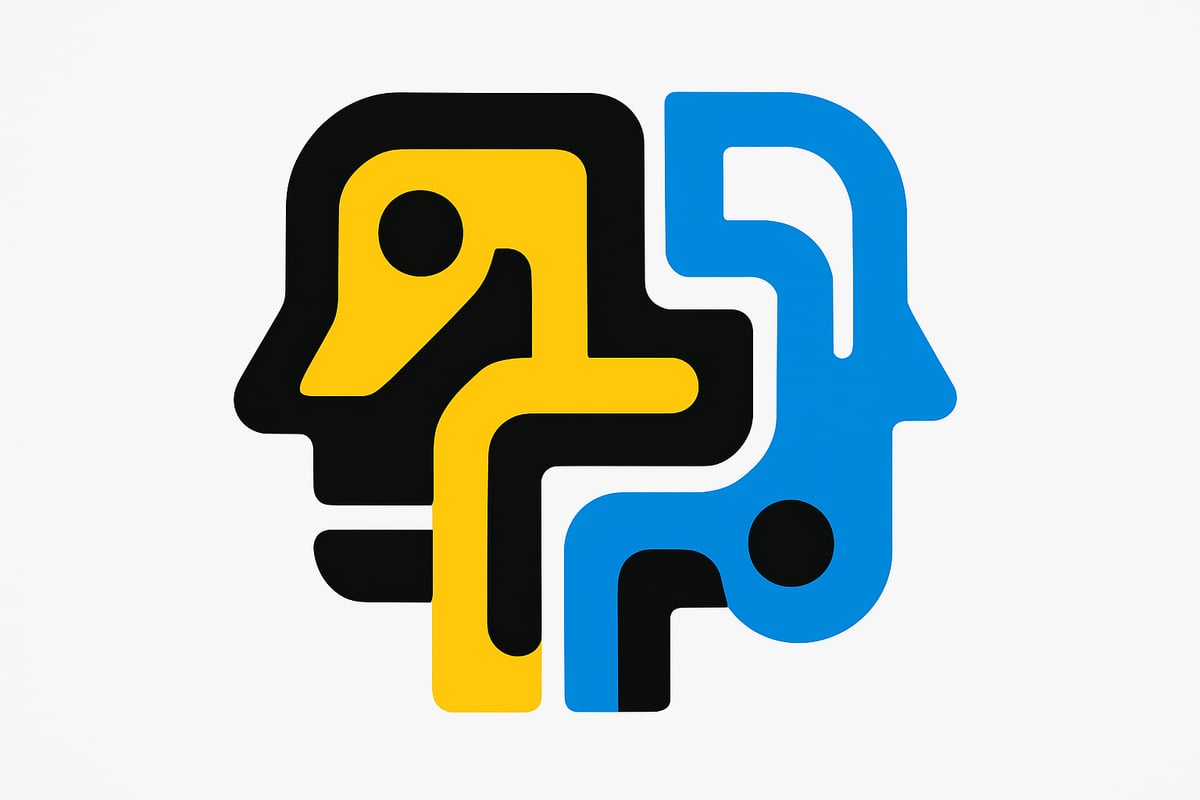October 18, 2025
7 Ways AI for Recruiters Is Transforming Hiring in 2025
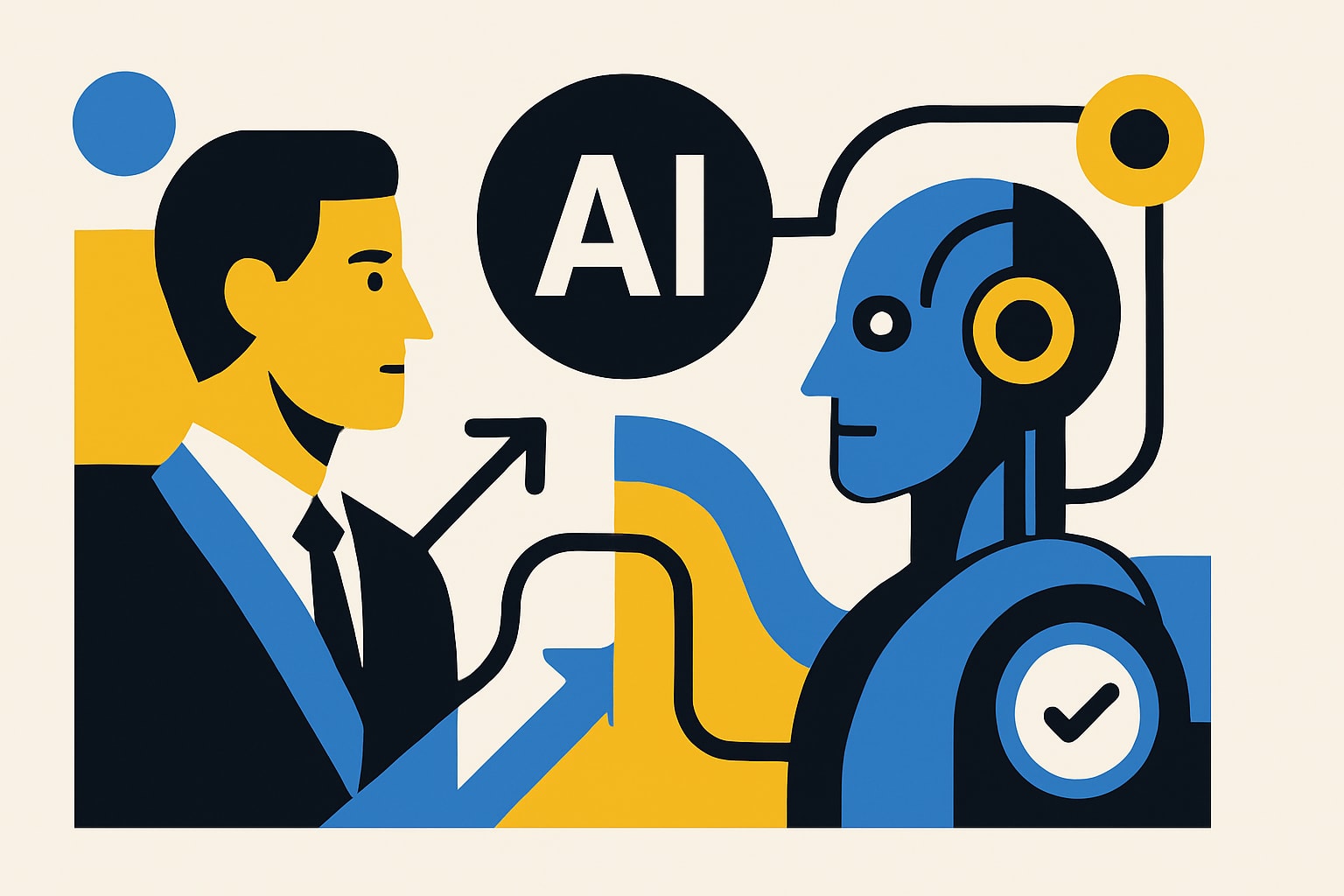
AI is rapidly rewriting the rules of recruitment. Did you know that a majority of organizations now see AI as essential to finding and hiring top talent? As 2025 approaches, ai for recruiters is not just a trend but a necessity for staying competitive in today’s talent market.
This article explores seven powerful ways ai for recruiters is transforming the hiring process. Get ready for actionable insights that will help you attract better candidates, streamline your workflow, and gain a real edge in talent acquisition.
The Rise of AI in Recruitment: 2025 Landscape
Artificial intelligence is no longer a distant idea in talent acquisition. In 2025, it stands front and center, reshaping how organizations compete for top talent. The numbers tell a powerful story: 62% of recruiters are optimistic about the impact of AI, according to LinkedIn’s 2024 Future of Recruiting report. This optimism reflects a major shift in mindset as ai for recruiters becomes an essential part of every stage in the hiring journey.
The rapid adoption of ai for recruiters is driven by several undeniable forces. First, recruiters face unprecedented volumes of applications, making manual screening overwhelming. There is also pressure to speed up hiring cycles without sacrificing quality. At the same time, organizations are under scrutiny to eliminate bias from their processes, ensuring fair and inclusive hiring. AI responds to these demands by automating tasks that once consumed hours, enabling recruiters to focus on strategic decision-making.
The evolution of ai for recruiters has been swift. Early adoption started with basic automation, such as resume parsing and keyword matching. Today’s advanced AI-powered tools go several steps further. They analyze vast pools of candidate data, predict job fit with impressive accuracy, and even personalize candidate communications. Natural language processing enables these tools to interpret varied resume formats and extract insights that would be nearly impossible manually. Machine learning models continuously refine their recommendations, learning from every interaction and outcome.
Despite the promise, not every recruiter is fully on board. Only 27% are actively using generative AI in daily workflows, revealing a gap between optimism and practical adoption. Concerns about accuracy, data privacy, and the potential for algorithmic bias still linger. However, organizations are investing in upskilling and integrating ai for recruiters with existing applicant tracking systems to bridge this gap. The measurable benefits are hard to ignore. Recruiters using AI report significant reductions in time-to-hire and improvements in candidate quality and diversity. According to recent AI Adoption in Recruitment Statistics, AI-driven processes can cut hiring times by up to 40%, while increasing the quality of shortlisted candidates.
Real-world examples demonstrate the competitive edge that ai for recruiters provides. AI sourcing tools rapidly scan thousands of profiles to surface top candidates in seconds. Automated assessments offer unbiased evaluations, while AI-driven communication tools enhance candidate engagement at scale. The result is a hiring process that is not only faster, but also more accurate and inclusive.
As organizations prepare for the future, embracing ai for recruiters is no longer optional. It is the foundation for a data-driven, agile, and equitable recruitment landscape. Those who invest in AI today will lead the way in attracting and retaining the best talent tomorrow.
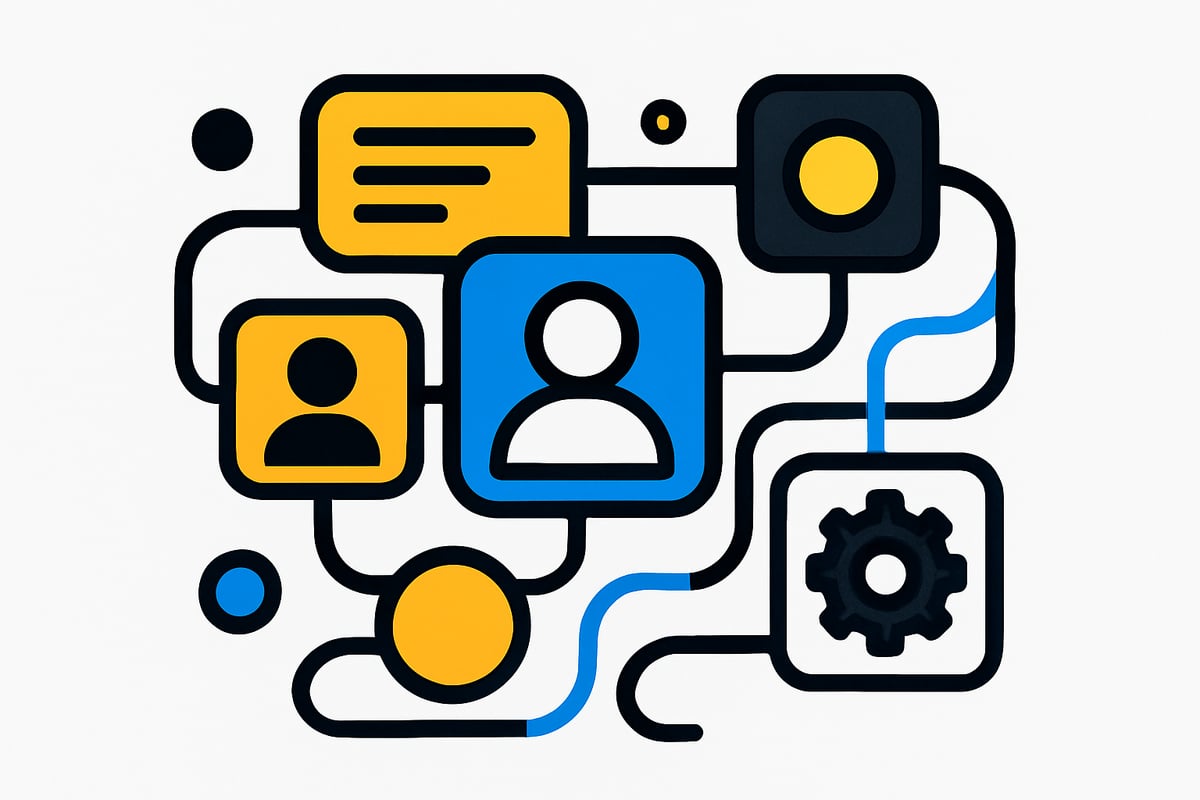
7 Ways AI for Recruiters Is Transforming Hiring in 2025
As we move into 2025, the landscape of talent acquisition is shifting rapidly. The adoption of AI for recruiters is no longer a futuristic concept but a present-day necessity. Organizations are embracing this technology to gain a competitive edge, streamline hiring, and enhance candidate experiences. In this section, we will explore the seven most transformative ways AI is changing the recruitment process, providing practical insights and real-world examples. For those looking to dive deeper into the specific tools leading this change, a review of the latest AI tools for recruitment can offer further context.
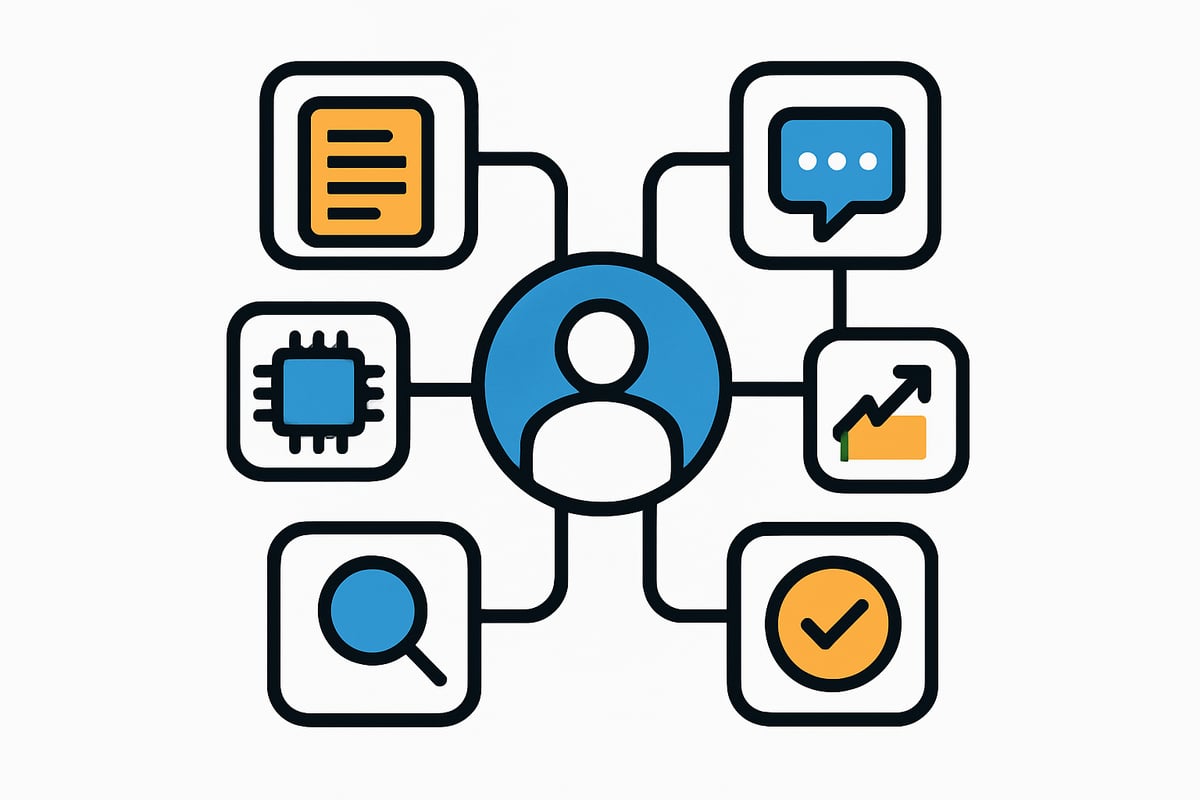
1. Automated Candidate Sourcing and Shortlisting
AI for recruiters has revolutionized the sourcing process. Instead of manually scanning thousands of resumes, machine learning algorithms now handle this task with remarkable speed and accuracy. These systems review vast databases, LinkedIn profiles, and job boards in seconds, identifying candidates who best match job requirements.
This automation does more than save time. It ensures consistency in evaluating candidates, reducing human error and fatigue. AI-powered sourcing tools can analyze both hard and soft skills, as well as cultural fit, by comparing applicant data to successful employee profiles. Recruiters who use these solutions report up to a 70 percent reduction in time spent on initial screening.
Additionally, AI for recruiters helps minimize bias. By applying the same criteria to all candidates, AI delivers a shortlist based on objective data, not unconscious preferences. This means more diverse talent pools and fairer hiring decisions. As organizations increasingly rely on AI for recruiters, they see improvements in both the quality and speed of their hires.
2. Personalized Candidate Engagement and Outreach
Effective communication is crucial in hiring. AI for recruiters now enables highly personalized candidate engagement at scale. Generative AI analyzes candidate profiles and crafts tailored messages that resonate with individual interests and backgrounds.
This level of personalization leads to significantly higher response rates. LinkedIn data shows that personalized InMails, powered by AI insights, increase acceptance rates by up to 40 percent. AI for recruiters takes into account a candidate’s skills, career trajectory, and even personal interests, making each outreach feel unique and thoughtful.
Recruiters are not replaced by AI for recruiters in this process. Instead, AI provides a strong foundation, allowing recruiters to add a human touch and refine messages further. As a result, organizations can connect with passive talent more effectively, nurture relationships, and build strong talent pipelines for future roles.
3. Intelligent Resume Screening and Skill Matching
One of the most time-consuming aspects of recruitment is resume screening. AI for recruiters has transformed this step with intelligent algorithms that assess skills, qualifications, and experience against job descriptions. Natural language processing enables these systems to interpret varied resume formats and identify relevant keywords, regardless of how they are phrased.
The impact is dramatic. AI for recruiters can increase match accuracy to as high as 97 percent for technical roles. Companies report that automated screening has reduced their review time by over 90 percent. This efficiency means recruiters can focus on engaging top talent rather than sorting through unqualified applications.
Fairness is another benefit. AI for recruiters eliminates unconscious bias by standardizing evaluations, ensuring every applicant is assessed on merit alone. This leads to more diverse hiring outcomes and greater confidence in the screening process.
4. AI-Driven Interview Scheduling and Coordination
Coordinating interviews often involves endless emails and calendar invites. AI for recruiters streamlines this process with automated scheduling tools that sync with calendars, send reminders, and manage changes in real time. Chatbots and virtual assistants now handle the logistical side of interview coordination.
This automation significantly reduces the administrative burden on recruiters. AI for recruiters ensures that interviews are arranged quickly, minimizing delays and keeping candidates engaged. The result is a faster, smoother hiring journey.
Candidates also benefit from AI for recruiters. They receive prompt communications and clear instructions, which enhance their overall experience. Many organizations have reported notable reductions in time-to-hire since deploying AI-powered scheduling solutions, giving them a strong advantage in a competitive talent market.
5. Enhanced Candidate Assessment with AI-Powered Testing
Evaluating candidate skills goes beyond resumes and interviews. AI for recruiters now powers advanced assessment platforms that test technical, cognitive, and behavioral abilities. These tools use automated scoring, video interview analysis, and even gamified tasks to measure a candidate’s potential.
The main advantage of AI for recruiters here is consistency. Every candidate is evaluated using the same criteria, removing subjective judgment from the equation. This scalability allows organizations to assess hundreds of applicants simultaneously, without sacrificing quality.
Data-driven insights from AI for recruiters help identify high-potential candidates who might otherwise be overlooked. Studies show that AI-powered assessments can reduce bias and improve hiring outcomes, leading to more successful long-term placements.
6. Real-Time Analytics and Predictive Hiring Insights
AI for recruiters delivers powerful analytics that inform every stage of the hiring process. Real-time dashboards track talent pipelines, candidate quality, and emerging trends. Predictive models go a step further, forecasting candidate success, turnover risk, and cultural fit.
Recruiters can use these insights to optimize their sourcing strategies and refine job requirements. For example, AI for recruiters can highlight which job boards are yielding the best candidates, or which interview questions correlate with future performance.
Decision-makers benefit from clear, actionable reports generated by AI for recruiters. This data-driven approach supports smarter, faster hiring decisions, reducing guesswork and improving outcomes across the board.
7. Continuous Improvement Through AI Feedback Loops
AI for recruiters is not static. The technology continuously learns and adapts from every recruiter and candidate interaction. Feedback from interviews, assessments, and hiring outcomes is fed back into algorithms, refining future recommendations and processes.
This feedback loop ensures that AI for recruiters becomes more accurate and fair over time. Human oversight remains essential, with recruiters guiding the AI’s development and correcting any errors. Organizations that embrace this cycle of improvement see their hiring strategies evolve to meet changing market demands.
By integrating continuous feedback, AI for recruiters helps companies stay agile and competitive. The system’s ability to learn and adapt ensures that recruitment processes remain effective and aligned with organizational goals.
Best Practices for Implementing AI in Recruitment
Implementing ai for recruiters successfully requires more than just adopting new tools. It demands a thoughtful approach, aligning technology with business goals and the human element of hiring. As organizations accelerate digital transformation, clear objectives and defined success metrics are essential.
Choosing the right ai for recruiters solutions starts with mapping out pain points across the recruitment journey. Consider integration with existing ATS and HR systems for seamless workflows. Upskilling recruiters is critical—continuous training ensures teams can maximize AI’s potential and adapt to changing needs.
Fostering a culture of experimentation helps organizations stay agile. Encourage recruiters to pilot new tools, share learnings, and iterate. Measuring return on investment is equally important, from reduced time-to-hire to improved candidate quality. Ongoing evaluation is needed to ensure AI stays aligned with company values and remains unbiased. For more in-depth insights, see this overview of AI in recruitment process and how it empowers modern talent teams.
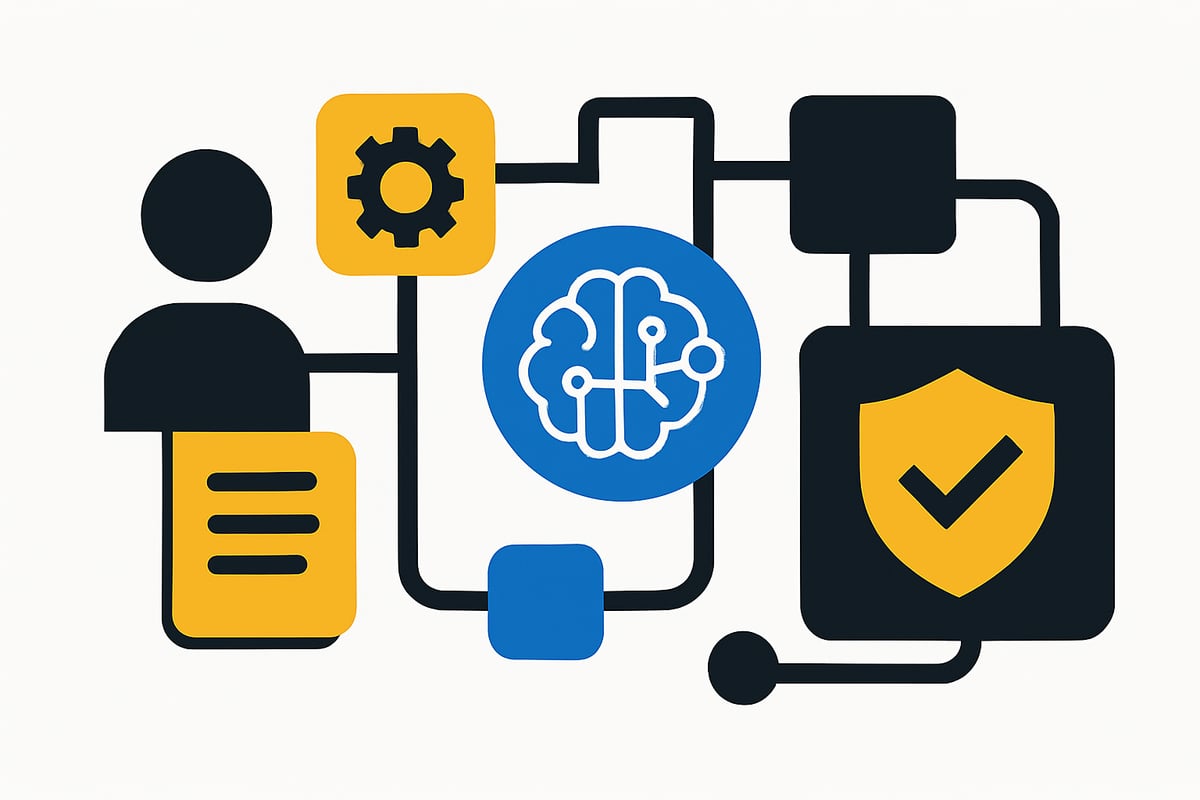
Crafting Effective AI Prompts and Workflows
Effective ai for recruiters starts with well-crafted prompts. Clear, detailed instructions help AI generate accurate, relevant outputs. Share context and assign roles within your prompts for better results. Build a prompt library so recruiters can quickly access proven templates. Encourage collaboration by sharing prompt strategies and insights across your team.
Iterative refinement is key. Test, review, and adjust prompts to improve output quality. This approach ensures ai for recruiters remains adaptive and consistently delivers value.
Ensuring Ethical and Unbiased AI Use
Ethical ai for recruiters is non-negotiable. Regularly audit AI decisions to detect and correct bias. Transparency in algorithms and process builds trust among candidates and stakeholders. Maintain compliance with data privacy and employment laws, ensuring fairness at every stage.
Research shows that moderate politeness in prompts can reduce bias and improve inclusivity. Human oversight is essential for reviewing AI outcomes, safeguarding ethical standards, and building a culture of trust.
The Future of AI for Recruiters: What to Expect Beyond 2025
As we look beyond 2025, the pace of innovation in ai for recruiters shows no sign of slowing. The next wave of advancements promises to further transform how organizations attract, assess, and retain talent. With each evolution, recruiters will find themselves navigating a landscape rich with new tools and strategic possibilities.
One major trend on the horizon is the seamless integration of ai for recruiters with global talent marketplaces. AI will not only automate sourcing but also enable real-time, cross-border talent matching, making it easier than ever to build diverse teams. Predictive analytics will become even more powerful, leveraging vast datasets to forecast workforce needs, skill gaps, and candidate success rates with greater precision. Meanwhile, conversational AI will reach new levels of sophistication, offering candidates a more engaging and human-like experience throughout the hiring journey.
The role of recruiters will also continue to evolve. As automation handles repetitive tasks, recruiters are positioned to become true strategic advisors, focusing on relationship-building, talent branding, and data-driven decision-making. According to AI's Role in Transforming Business Operations, industry leaders expect that the partnership between humans and AI will redefine the value recruiters bring to their organizations, emphasizing empathy and business insight.
Of course, these opportunities come with challenges. Ethical considerations will intensify as ai for recruiters becomes more influential in workforce decisions. Organizations must invest in ongoing training to ensure teams can interpret AI insights responsibly and maintain transparency. Keeping AI systems free from bias, and ensuring compliance with evolving regulations, will be critical to building trust with both candidates and stakeholders.
To stay ahead, organizations should foster a culture of innovation and continuous learning. By embracing ai for recruiters, investing in upskilling, and remaining vigilant about ethical use, companies can position themselves at the forefront of talent acquisition. The future belongs to those who blend human ingenuity with AI-driven intelligence, shaping recruitment for a dynamic, digital world.
